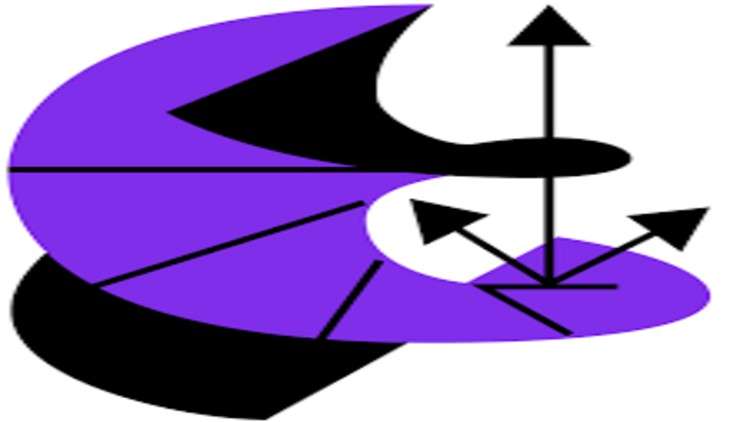
gradient, divergence, curl, directional derivative, unit normal, unit tangent, line integral and work done
What you will learn
Understanding vector properties
Vector operation mastery
Applications of physics and engineering
Problem solving in Multidimensional settings
Description
Vector calculus is a mathematical discipline that extends calculus from scalar quantities to vector fields. This course explores the fundamental concepts of vector calculus, emphasizing the study of vectors, vector functions, and vector fields in three-dimensional space. Students delve into the calculus of vector-valued functions, understanding concepts such as curves, velocity, and acceleration in a spatial context. The course introduces crucial theorems like the divergence theorem and Stokes’ theorem, providing a foundation for understanding the behavior of vector fields.
Topics include gradient, divergence, and curl operators, as well as line integrals and surface integrals. Students learn to manipulate vector equations and gain insights into the geometric interpretation of vector operations. Applications span various fields, from physics and engineering to computer science, enabling students to model and analyze complex phenomena. Through theoretical concepts and practical problem-solving, students develop a comprehensive understanding of vector calculus and its role in describing the physical world mathematically. The course equips students with essential tools for advanced studies in mathematics and its applications.
Students learn to differentiate and integrate vector functions, gaining insights into concepts like velocity, acceleration, and curvature in a spatial context. Fundamental theorems, including the divergence theorem and Stokes’ theorem, are introduced to connect vector calculus concepts with integral calculus. The course also explores gradient, divergence, and curl operations, providing tools to analyze and model physical phenomena.
Through a combination of theoretical foundations and practical applications, students develop problem-solving skills and a deeper understanding of vector calculus’s significance in various scientific and engineering disciplines. This course serves as a crucial stepping stone for advanced coursework and applications in fields such as fluid dynamics, electromagnetism, and computer graphics.
Content